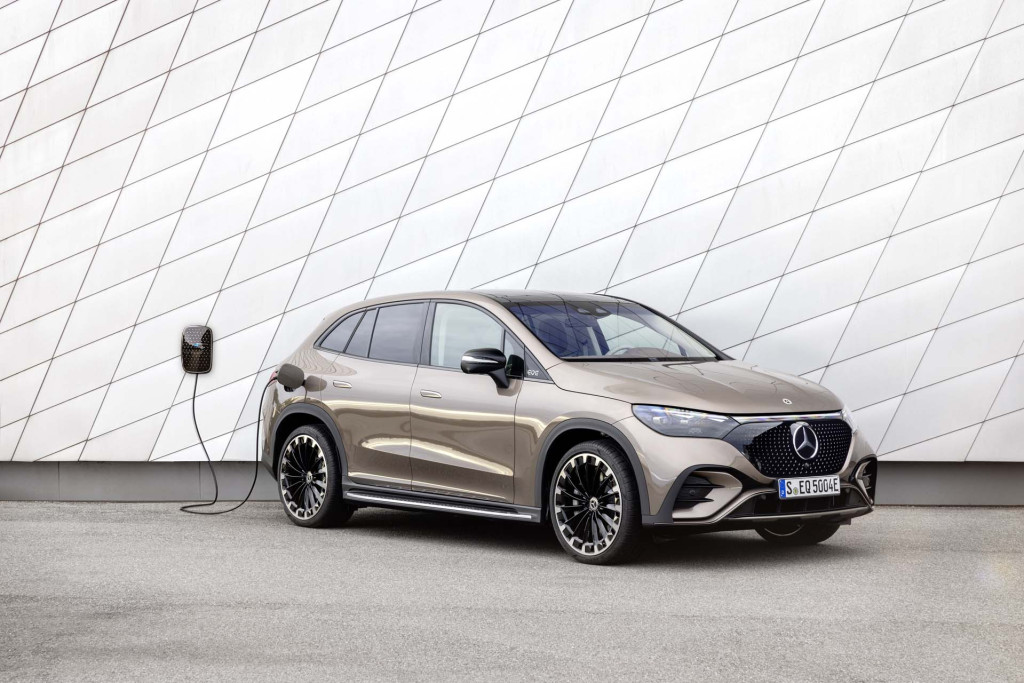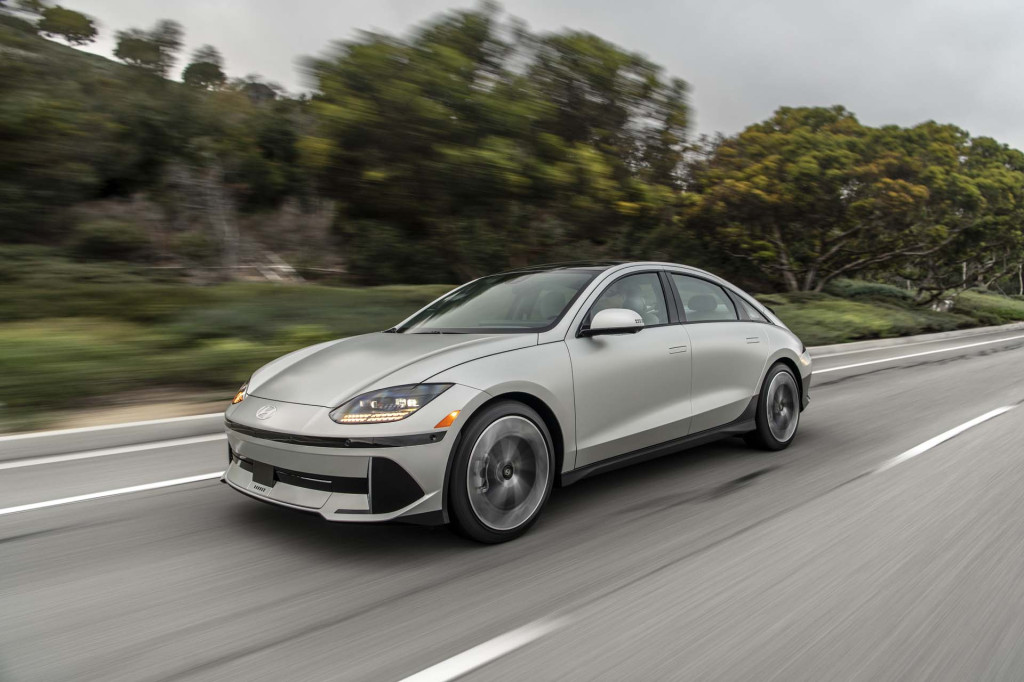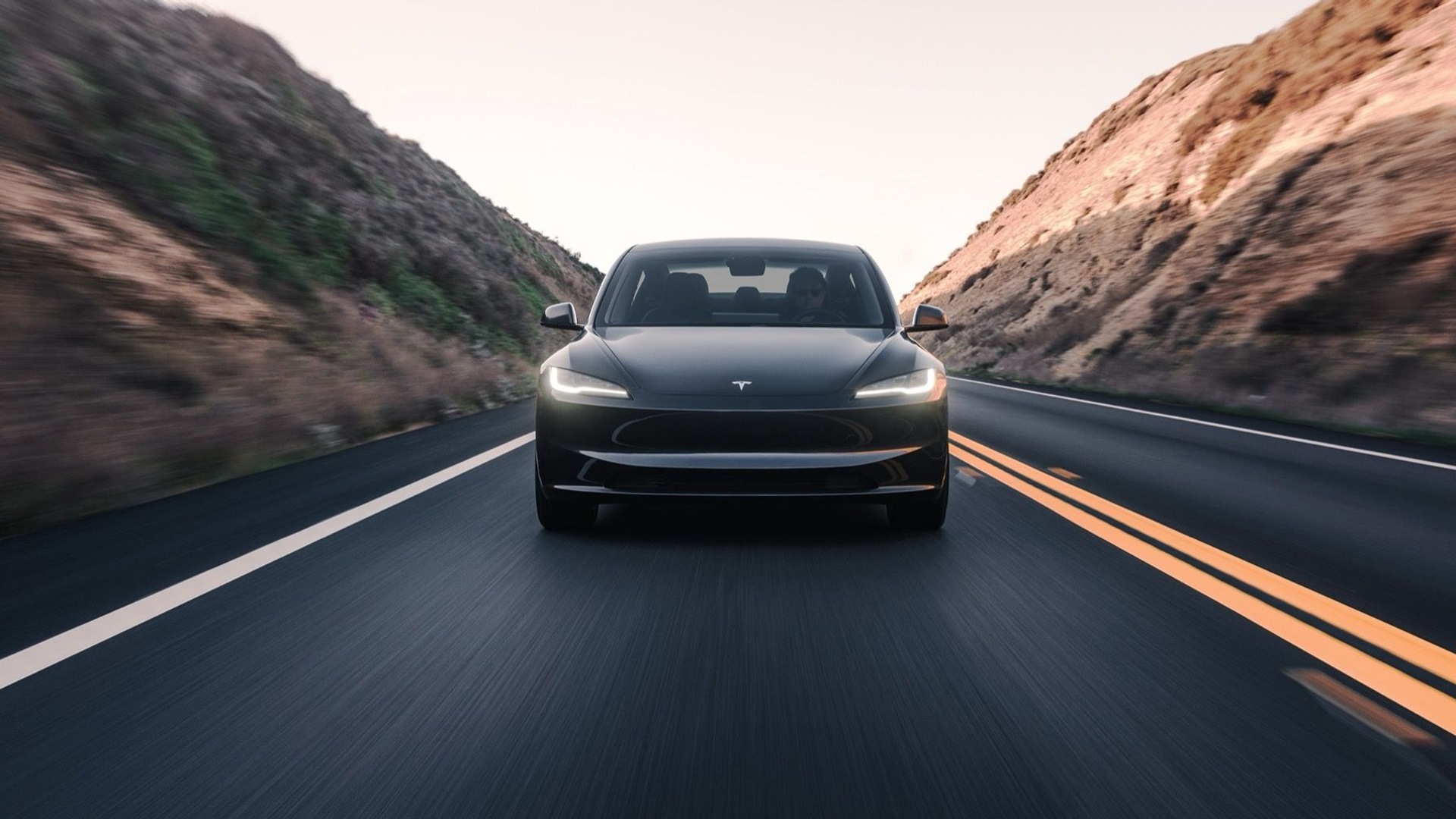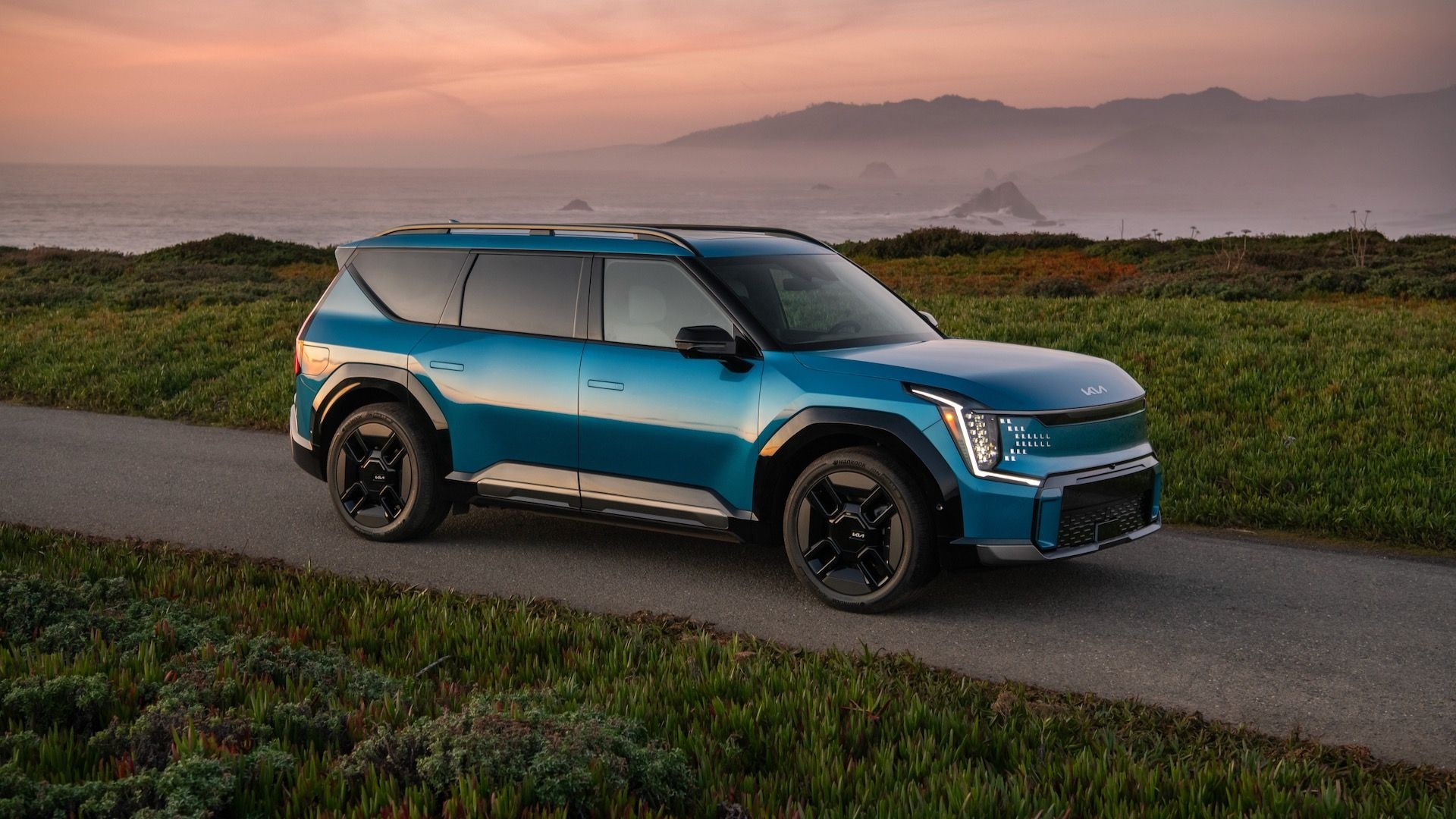The EPA is expected to propose stricter emissions rules that would ensure more than half of new cars and trucks sold in the U.S. are electric, The New York Times reports.
The proposal would not mandate a specific percentage of EV sales, but would set emissions limits so stringent that it would essentially force automakers to ensure that EVs account for up to 67% of their sales by 2032, according to the report, which cites two people familiar with the matter.
EPA Administrator Michael Regan is expected to announce these stricter tailpipe emissions limits Wednesday, according to the report. As the Times points out, such a policy would cause a major shift in the U.S. new-car market, where EVs only make up approximately 5.8% of sales nationally. It would also ratchet up the Biden administration's efforts to reduce emissions.

2023 Mercedes-Benz EQE SUV
President Biden issued an executive order in 2021 calling for 50% EV sales by 2030, but hasn't followed that up with supporting regulations. Recently announced EPA rules didn't correspond with the executive order, aiming for just 8% EV sales by the 2026 model year.
This new proposal would be part of the next round of emissions rules, covering model years 2027 to 2032. That makes its implementation dependent on the outcome of the 2024 presidential election, as well as the actions of future administrations. Even if Biden is re-elected, this period of emissions rules will run past the end of his second term, giving another administration an opportunity to undo or relax the rules. That was the case during the Trump administration—although it took until March 2020 to issue its lower gas mileage targets that took effect in 2021.
This proposal would bring federal emissions targets in line with California's stricter rules requiring zero-emission vehicle sales. California is currently looking to end sales of most internal-combustion vehicles by 2035, leaving some room for plug-in hybrids that meet certain targets for emissions and electric range.

2023 Hyundai Ioniq 6
Recently seven automakers have backed the California rules—partly, perhaps, because it simply aligns more closely with regulations in Europe and elsewhere—while encouraging the EPA to adopt similar rules. Although General Motors, Toyota, and Stellantis predecessor Fiat Chrysler Automobiles joined the Trump administration in opposing California's emissions authority, which it allows the state to set stricter emissions standards than the federal targets.
With that in mind, it remains to be seen how automakers will respond to proposed EPA rules essentially mandating high levels of EV sales. Will they take the pragmatic approach of accepting rules that align more closely with other markets, or take a chance that another Republican administration will come to power and relax the rules?












